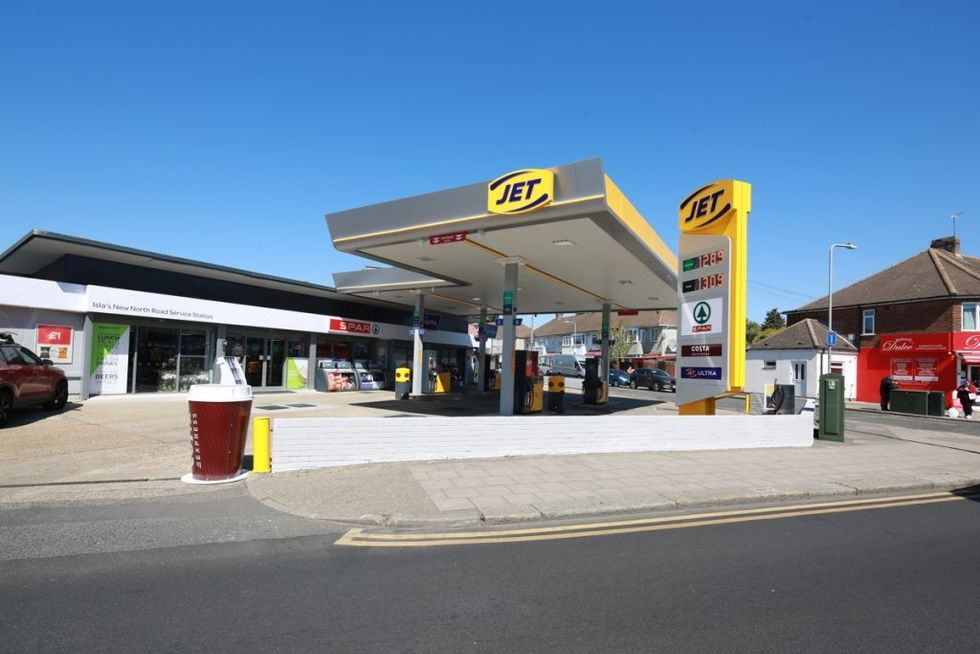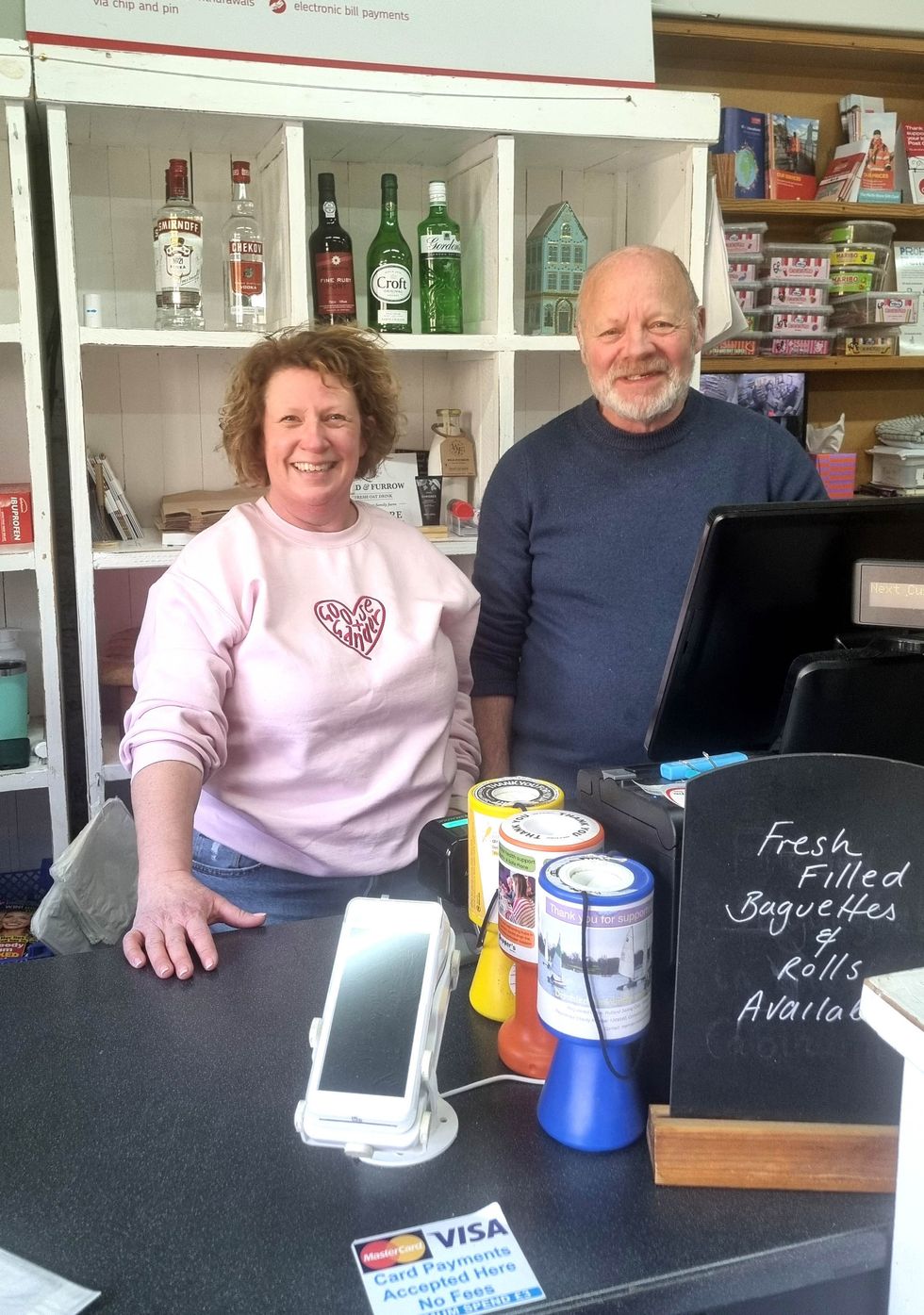Britain on Friday said it had struck a deal to join an 11-country trans-Pacific trade pact which includes Japan and Australia as it looks to deepen ties in the region and build its global trade links after leaving the European Union.
Prime Minister Rishi Sunak said Britain had agreed to join the Comprehensive and Progressive Agreement for Trans-Pacific Partnership (CPTPP), in a move his office said was the biggest trade deal since Brexit.
"Joining the CPTPP trade bloc puts the UK at the centre of a dynamic and growing group of Pacific economies," Sunak said in a statement, adding the deal demonstrated "the real economic benefits of our post-Brexit freedoms."
Britain has been looking to build global trade ties following its departure from the EU in 2020 and has looked to pivot toward geographically distant but fast-growing economies.
It is deepening its ties in the Indo-Pacific as its foreign policy framework casts China as an "epoch defining challenge".
Other members of CPTPP are Brunei, Canada, Chile, Malaysia, Mexico, New Zealand, Peru, Singapore and Vietnam. Britain is the first new member to join the group.
Membership will supplement existing bilateral Free Trade Agreements (FTAs) Britain has with most of the member countries, and gives businesses extra options over the terms they can trade under.
The overall impact of the trade deal is set to be modest. Britain said the deal, which will cut tariffs on cars, spirits and dairy products, would boost the economy by £1.8 billion each year in the long-run - a figure that could rise as more countries join the pact.
"The Pacific Rim is forecast to grow twice as fast as Europe, so UK businesses should be thinking about their regional presence," said Sally Jones, trade policy and strategy partner at EY.
"The CPTPP makes that much easier, and the CPTPP will only get bigger as more countries look to join."
'Milestone'
Since Britain quit the EU's single market in 2021, it has been trying to strike bilateral deals to boost its international trade - and flagging economy.
London has so far inked agreements with far-flung allies including Australia, New Zealand and Singapore, and is in talks with India and Canada.
However, a prized pact with the United States remains stalled.
The UK applied to join the CPTPP in February 2021, kicking off talks later that year in June.
London and the other existing members are poised to take the "final legal and administrative steps required" before Britain will formally sign later this year, Sunak's Downing Street office said.
It will boost the UK economy by £1.8 billion over the long term, it added, citing estimates.
More than 99 percent of UK goods exported to member countries will now be eligible for zero tariffs, including key British exports such as cars, chocolate, machinery and whisky, it added.
British exports to them were already worth £60.5 billion in the year to the end of September 2022, and are expected to grow once inside the CPTPP, according to Downing Street.
The UK's dominant services industry will also benefit from "reduced red tape and greater access to growing Pacific markets with an appetite for high-quality UK products and services," it said.
Matthew Fell, interim head of Britain's CBI business lobby, called the deal "a real milestone for the UK and for British industry".
"Membership reinforces the UK's commitment to building partnerships in an increasingly fragmented world," he said.

















 JET New North Road in Ilford
JET New North Road in Ilford

 Helen and Andrew Wood of Edith Weston Village Store in Edith Weston, Rutland
Helen and Andrew Wood of Edith Weston Village Store in Edith Weston, Rutland
